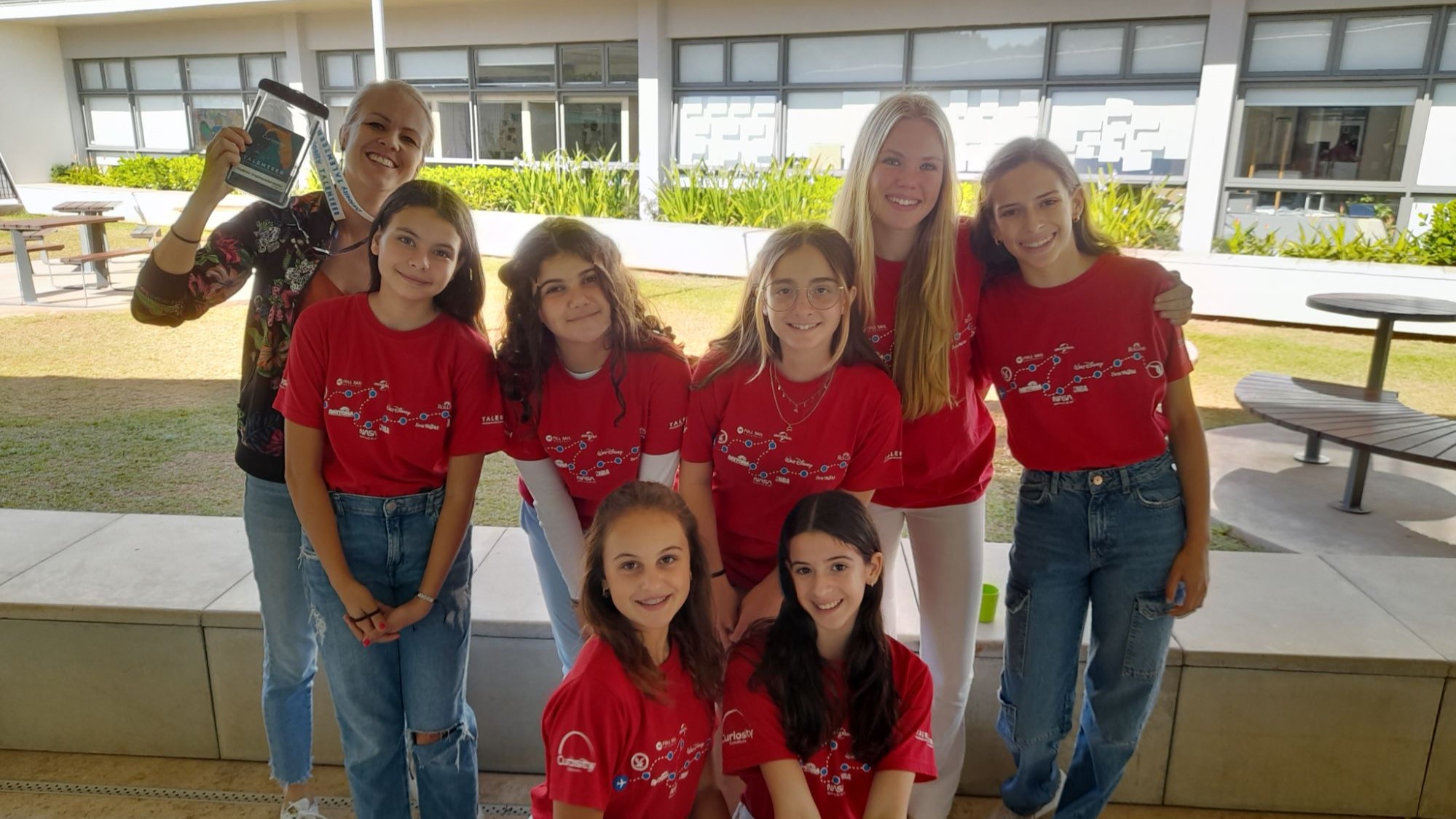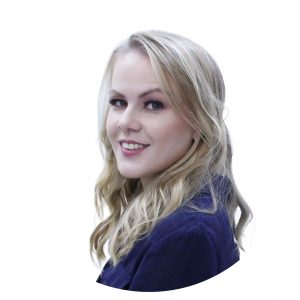
“Guðrún has spent the last five years as the Head of Secondary and MYP Coordinator at St. Nicholas School, Alphaville Campus, Brazil. This academic year, she is beginning her new role as Assistant Principal for Wellbeing in the Senior School at Prem International School, Thailand. We were thrilled to support her in acquiring this leadership position and would love to introduce you to this inspirational international leader.”
What has brought you to this moment? We would love a short life story!
Since the age of 18, I knew that I wanted to become a teacher, and a teacher in international schools, and international schools only. I spent my childhood looking through atlases and reading books from different parts of the world that I wanted to experience and spend time in. International teaching was the best way to combine this passion of mine with my love for education and seeing students reach their potential. Since making this decision all those years ago, I have lived, studied, and worked in Australia, France, Malaysia, Gabon, and Brazil, and I am now on my way to Thailand for yet another exciting chapter in this lifelong adventure.
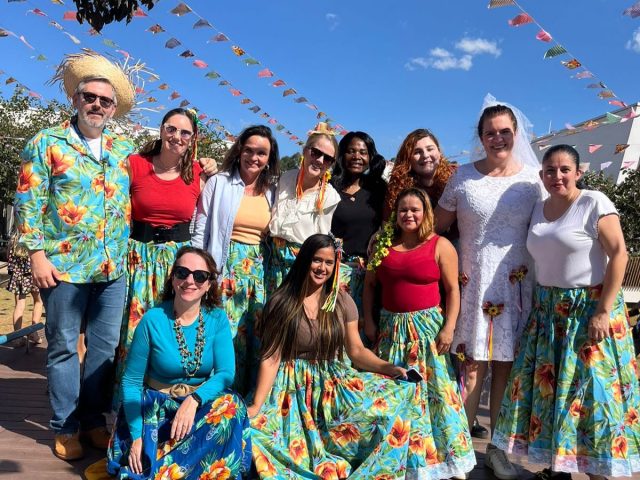
What has inspired you along the way, whether people, places or experiences?
When I made the decision to become a teacher, I was in Singapore on holiday with my beloved host family from my exchange year in Australia. They had welcomed me with open arms and shared with me their life and their travels, and I had felt so welcome by the wonderful school where I spent my year that all I wanted to do was to ensure that other students got to experience the same joy of learning in a community where they feel welcome, valued, and excited about education.
However, I was also influenced by my late grandfather, who was widely known as an outstanding teacher of languages, who inspired all those who crossed his path with his humour, patience, and kind and caring nature. If one day I am even close to being half the teacher he was, then my life’s work is complete.
What are you proud to have achieved in St Nicholas School Alphaville Campus?
We have achieved many great things since I joined the school in 2019, including (but not limited to):
- Growing the secondary school from 15 students to over 150
- Securing the MYP authorisation in 2021
- Getting authorised as a DP school in May 2024, and thus becoming a full continuum school
- Running our first ever eAssessments, and thus becoming the second school in Brazil to offer them
- Opening three new buildings as part of the secondary section, all of which were constructed in alignment with our school’s philosophy and vision
- All of our community service projects (read about some here)
- The successes of our MUN team (read more here where you’ll also find a video)
- Working alongside a truly international team of teachers who each bring a unique perspective to the school
How did you come to choose Prem International School?
I wanted to find a school that aligned with my personal philosophy for education, where student agency is valued, as well as commitment to diversity, sustainability, and forward-thinking education. Two factors that also heavily influenced my decision were the outstanding arts programme, and how incredibly welcome I felt by everyone I spoke to from the school.
What is your vision for your time there?
To achieve some big dreams I have for student wellbeing at school, which contains elements of collective agency, self-advocacy, a strong PSHE curriculum, and a democratic and dialogical process of advocating for change on a large and small scale.
What are your values and how would you describe your leadership style?
This is a big question that I would find difficult to answer in a single paragraph, but what I believe is that the system works for the humans within it, which influences how I work with my team and how decisions are made. As a learning community (in any school I go to), we need to operate under a shared set of understandings and beliefs that are collectively constructed. We rely on systems and organisation to allow for the smooth running of a school, but this must never come at the expense of considering the humans that keep the wheels running. We must consider people’s wellbeing, contributions, voice, but also people’s understanding of how decisions are made.
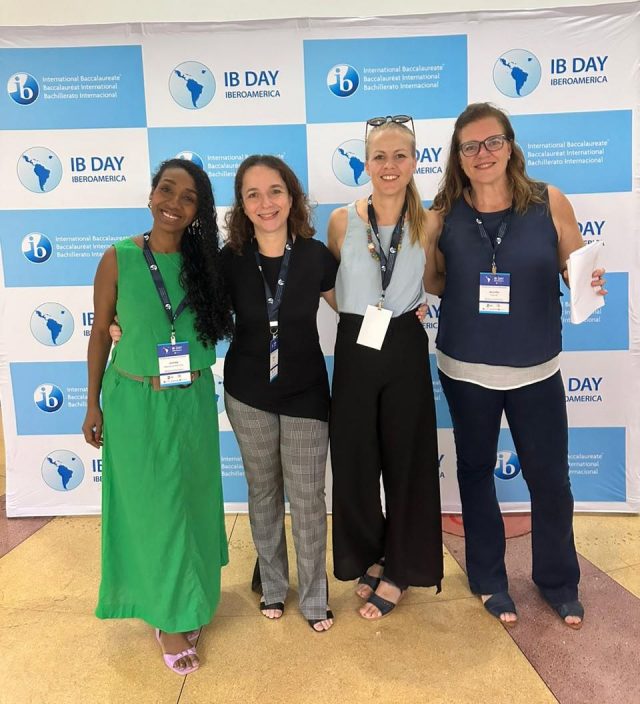
What this looks like for me as a leader is I aim to appreciate each individual and their contributions, while helping them recognise the role they play within a bigger picture and how their actions impact that. I always use the analogy of a cheerleading team, where you have some athletes flying through the air and drawing ‘oohs’ and ‘aahs’, but these mind-boggling airborne feats can only be achieved thanks to an entire team of people who work together as one to lift, throw, catch, and move, and with just one person missing, the whole thing falls apart. We are all important, and we are all important to each other.
What is your vision for the future of education? What kind of teachers and leaders do we need to move us towards achieving such a future?
I am very optimistic about the future of education. I believe that recent developments can be instrumental in helping schools become better at what they do, which is to take care of children as humans who act to change the system instead of learning how to game the system through exam-taking strategies, for example. I think teachers and leaders are moving (or should move) towards a much more human and collective way of instructing and leading teams, which allows each child to flourish as an individual while considering how their actions impact something bigger than themselves.
I see our students becoming more versatile as learners, more reflective, and more prepared to face unexpected situations, which speaks to the importance of the transferability of education, and I hope to see more of this going forward as opposed to a return to a more traditional form of a desk-based education. I recently heard Guy Claxton talk about ‘expert amateurism’, which is something I see aligning well with education and the world going forward. Strong transferable skills, resilience, and creative thinking based on a fundamental set of knowledge and dispositions will be how we move forward in this uncertain world.
What is the best (and perhaps worst!) advice you have received?
Best advice I have received – as someone who has fallen in love with teaching the middle years / Key Stage 3 – is not to take behaviour personally. Students are going through a lot during this time in their lives, and helping them navigate this challenging time with a mixture of firmness, limitless patience, and a lot of humour will spare everyone a great deal of frustration!
The worst advice I have received was when I was told that it might be easier to change my name – my sturdy Icelandic name that honours my strong foremothers – in order to make myself more attractive to potential schools and/or recruiters. No one should ever have to change who they are, especially not their name, in order to make themselves more marketable to international schools, or anywhere really, as each of our unique stories and backgrounds are what makes life worth living. This particular nugget of wisdom has also been one of the keystones of my approach to understanding and engaging in DEIJB practices.
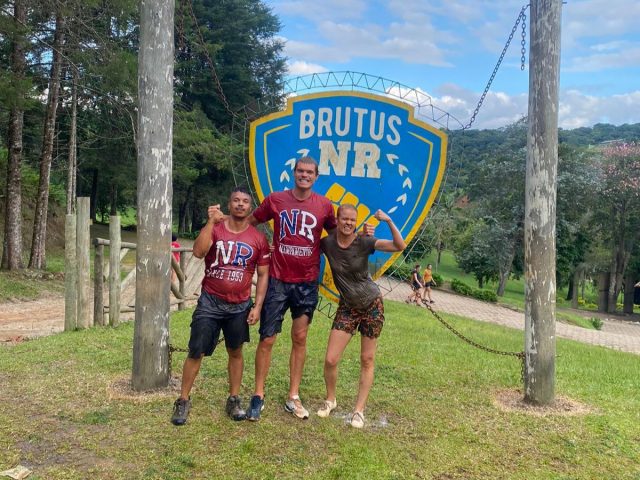
What are your areas of expertise and do you have any passion projects?
My areas of expertise are DP English B and the MYP, but the love of my education life is PSHE, which I hope to be able to continue strengthening as an essential component of every holistic education programme around the world. Recently, I have become more interested in the intersection between wellbeing, behaviour, and collective agency, which is something I look forward to exploring further in my new role.
How has your experience of senior leadership recruitment been with Teacher Horizons?
I found the process to be excellent, as I received a great deal of support from my representatives who ensured that I received clear and constructive communication, and they did a lot of the leg work when it came to contacting schools. This last part I found to be incredibly helpful, as it helps when all the things you wish recruiters would notice about your CV and your profile are recognised and validated by a third party, especially one that is as reliable as the TH team.




